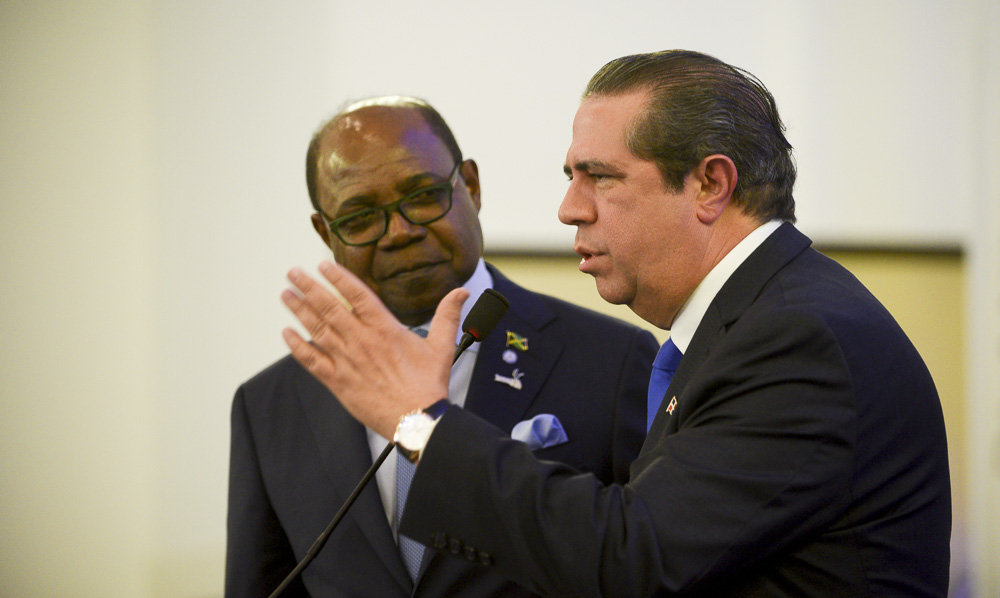
Foreign tour operators doing business in Greece are pressuring the country’s hoteliers to include clauses in their contracts in case the country goes bankrupt, so they can handle cancellations without having to refund the cost.
According to the online newspaper Ekathimerini the organizers of international events have introduced bankruptcy clauses as a condition attached to the signing of a contract, which also includes compensation in cases of natural disaster.
This is a measure which could be applied to accommodation over the next few months and ahead of the signing of agreements for 2016, as a condition set by tour operators in case Greece leaves the Eurozone.
Greek Interior Minister, Nikos Voutsis, revealed that the country has run out of money to settle next month’s payment to the International Monetary Fund (IMF). Voutsis pointed out that the four payments for June amounted to 1.6 billion euros. “We won’t be paying that money because there is no money to pay,” he said. The minister also said Athens has no intention of asking for more credit. “We are neither seeking it, nor do we want it, nor is that our strategy,” he said.
The possible VAT increase, is also viewed with concern by the sector, since countries like Turkey stand to benefit from Greece being more expensive. Representatives of tourism associations warn that if more taxes are introduced, the sectors most affected will be small and medium-sized enterprises, which make up the bulk of the country’s providers, and they will see their position weakened in negotiating with foreign customers.
According to Andreas Andreadis, president of the Greek Tourism Confederation (SETE) a 120% increase for the tourism sector would put Greece out of the competition. “More than 200,000 jobs would be lost in 2016,” he said.
The country’s uncertain situation has also affected the number of international tourists coming to Greece through airports (22.1% fewer arrivals at the Kos airport, a 31.1% reduction at Mykonos and 7.4 % at the Crete airport). Overall, however, the decline was offset by a 21% increase in arrivals at the Athens airport during the first fourth months of the year.










